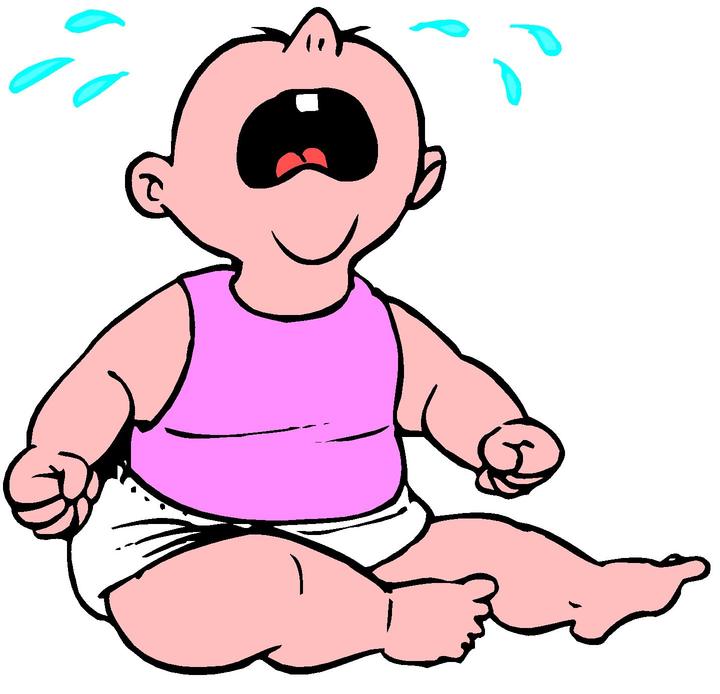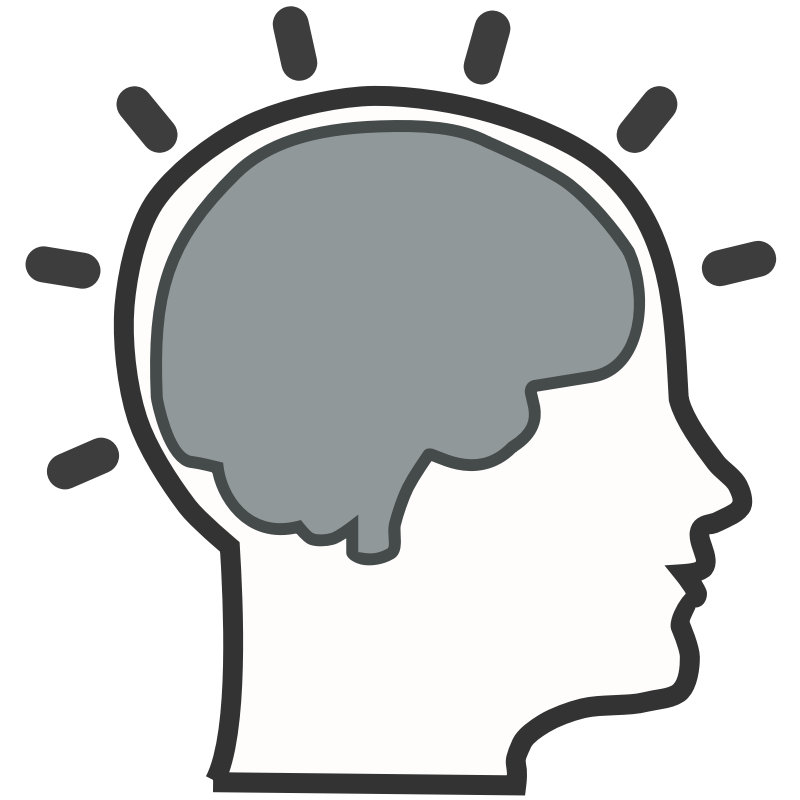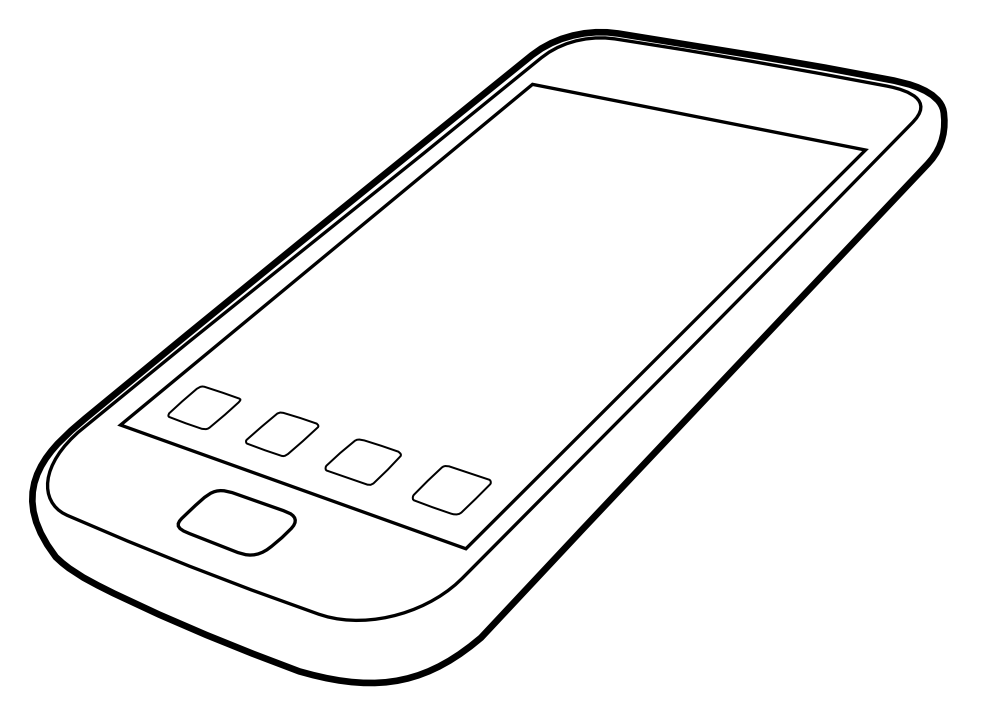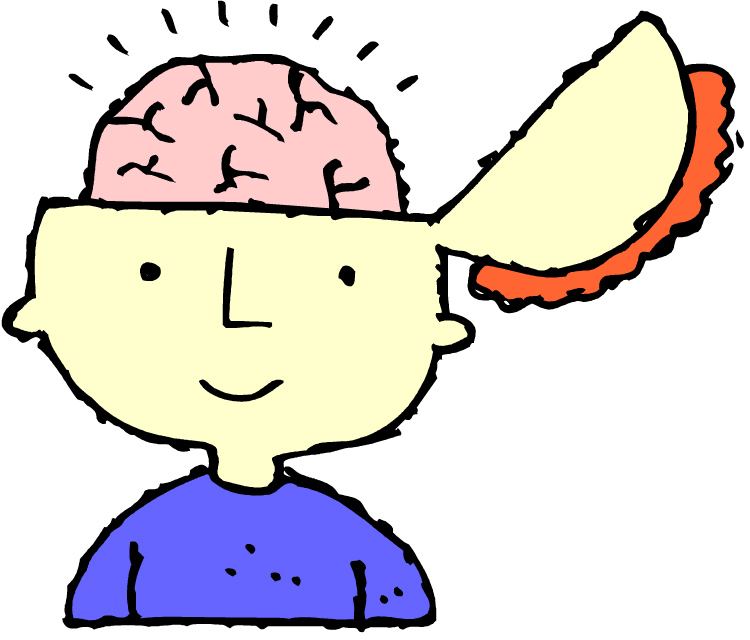Yes, music can certainly contribute to healing processes. According to the late and iconic Bob Marley, “One good thing about music, when it hits you, you feel no pain”. Music is a temporary form of relieving your anguish in a healthy way. From hearing the beat, harmonies/melodies, and lyrics, we instantly escape our realities. Even if it is just for a few minutes.
Mind Body Green posted an article on 6 ways music can heal you. Below is a brief paraphrased summary of the 6 ways:
- Listening to music releases a chemical named, dopamine. Dopamine is responsible for controlling the brain’s response to pleasure and reward centers.
- Helps your cardiovascular system. Most likely, you want to get up and move and be active when listening to your favourite artist/ band.
- Shifts your thinking towards a positive perspective.
- Changes your mood and can ease your feelings anxiety, depression, or grief.
- Music aids you in remembering special life events you associate with the song/ artist.
- A research study found blood cells respond to sound frequencies within the body.
Music forms an instant sense of belonging and safety allowing you to relax and regulate your mood. Therefore, music heals!
(photo from cliparts.co)









